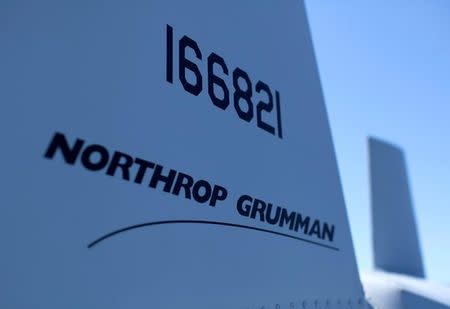Northrop Grumman wins U.S. antitrust approval to buy Orbital ATK

WASHINGTON (Reuters) - U.S. defense contractor Northrop Grumman won U.S. antitrust approval to buy solid rocket motor supplier Orbital ATK, Inc , with conditions, the Federal Trade Commission said on Tuesday. The $7.8 billion deal was approved on condition that Northrop supply the solid rocket motors to competitors for missile contracts and to separate the two companies' operations with a firewall, the FTC said in a statement. The European Commission approved the deal in February. Northrop announced the all-cash deal in September, saying it would give the company greater access to lucrative government contracts and expand its arsenal of missile defense systems and space rockets. Orbital has contracts with NASA and the U.S. Army. The Dulles, Virginia-based company is one of the two firms hired by NASA to fly cargo to the International Space Station under an initial contract worth up to $3.1 billion. The FTC said in a statement that it typically prefers to have companies sell assets rather than require a "behavioral" remedy, such as this one, but accepted it in this case because the defense industry sells solely to the Defense Department which will ensure compliance with the condition. (Reporting by Diane Bartz; Editing by James Dalgleish and Leslie Adler)

 Yahoo Finance
Yahoo Finance 